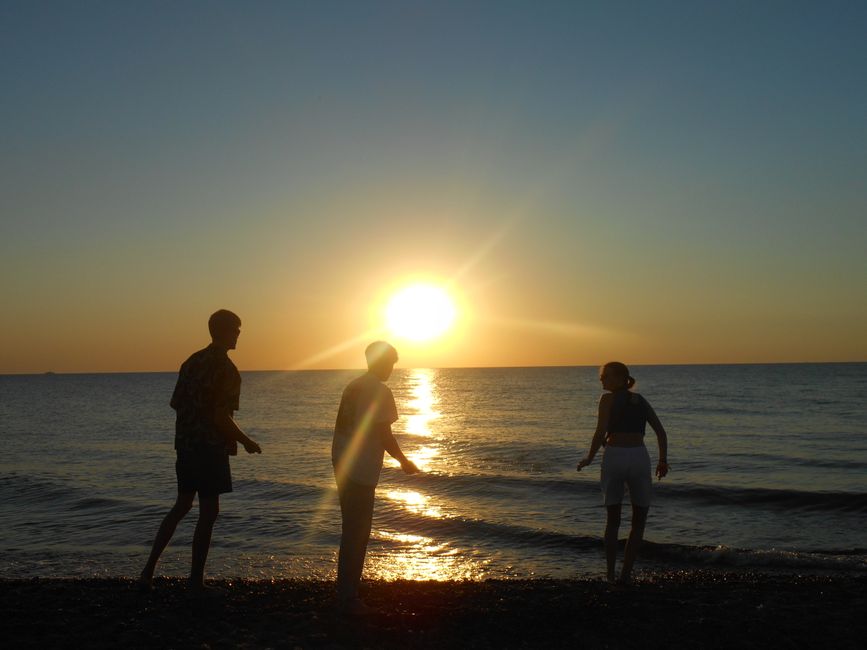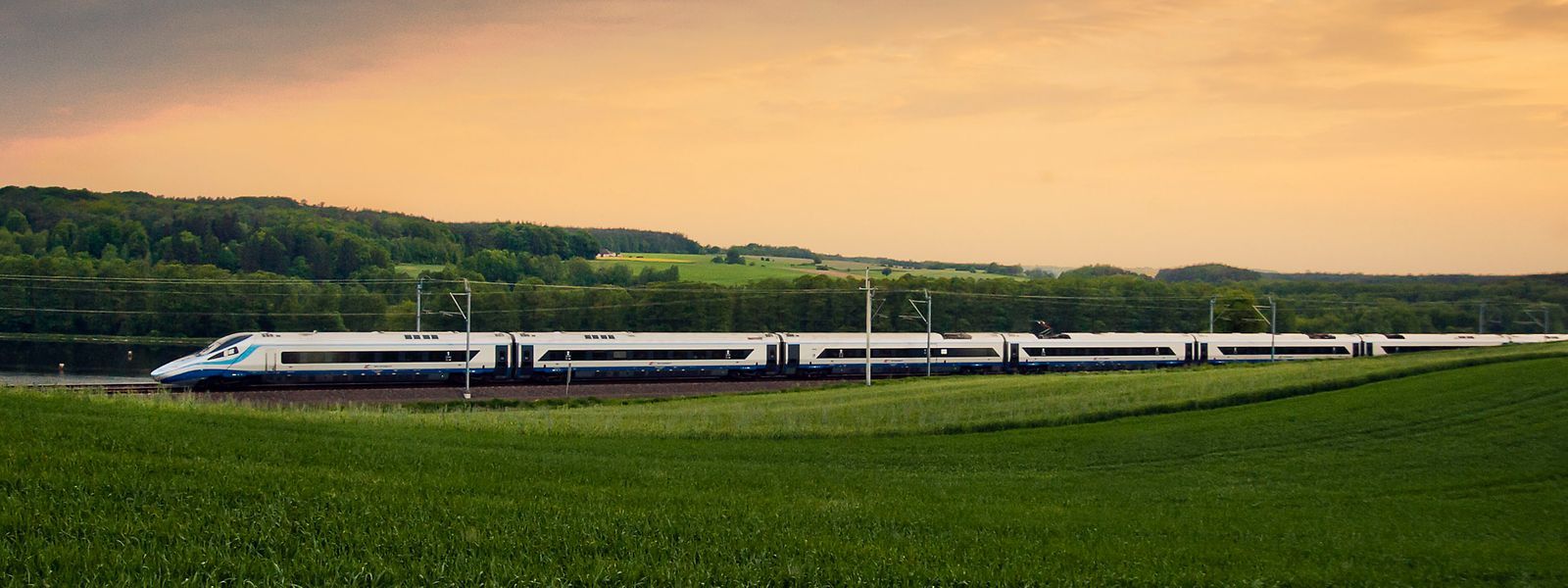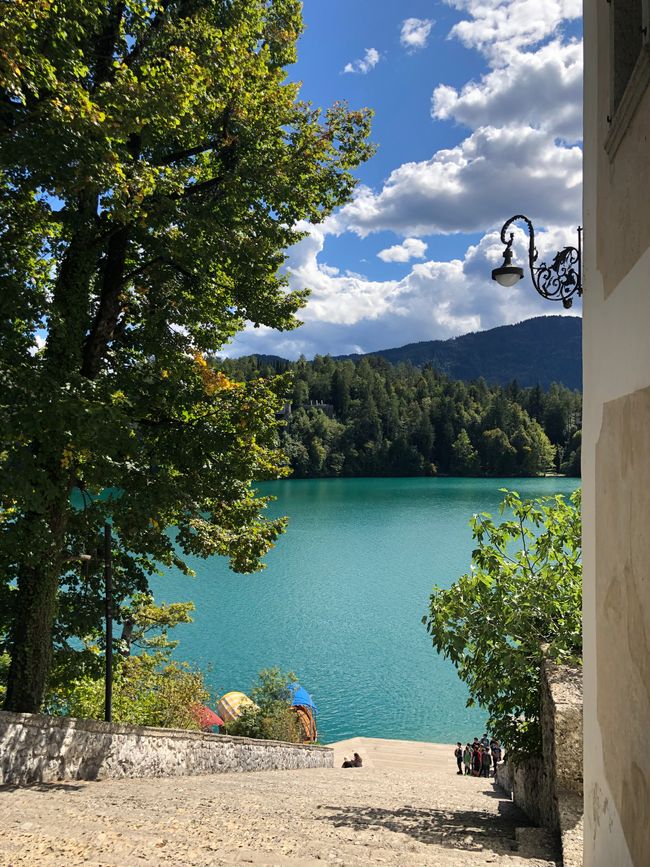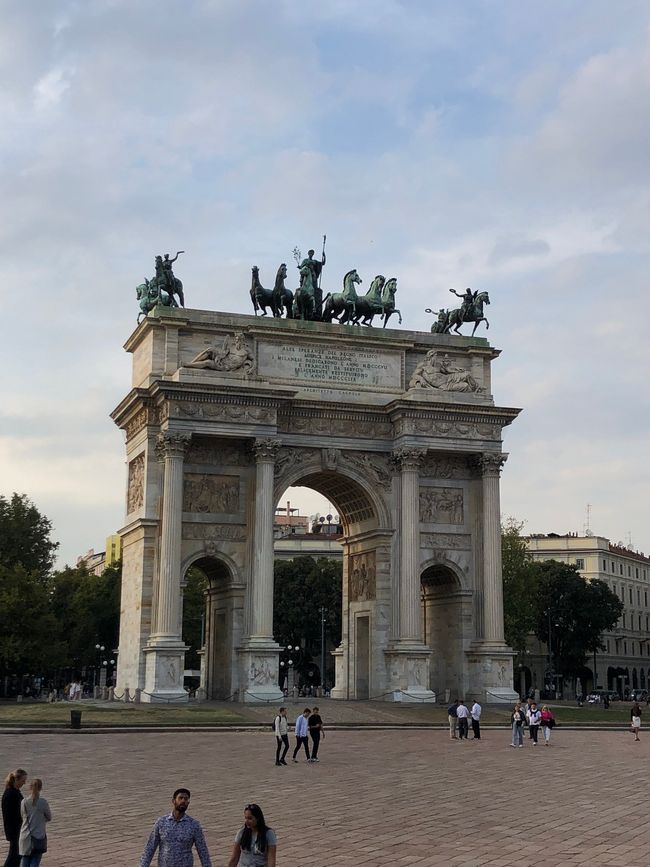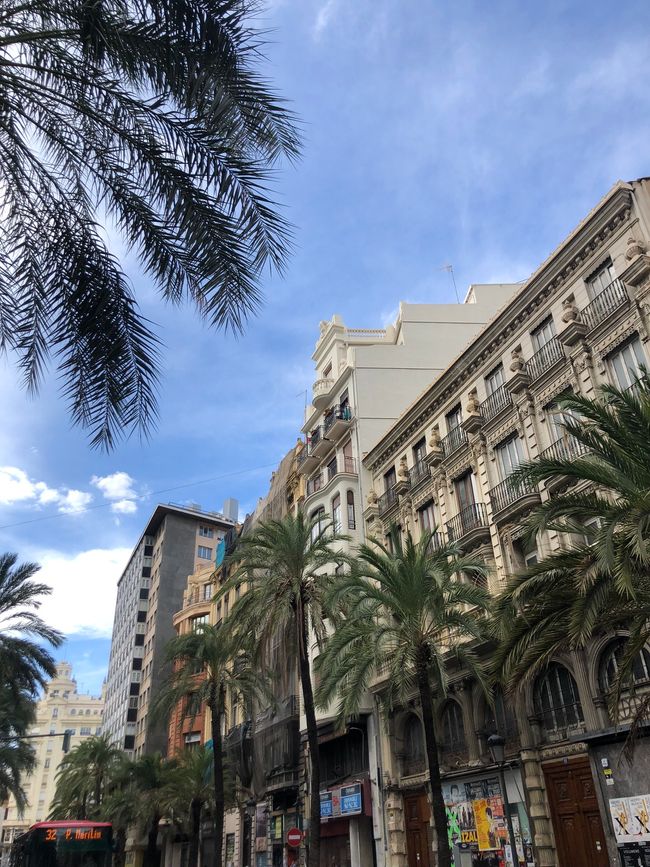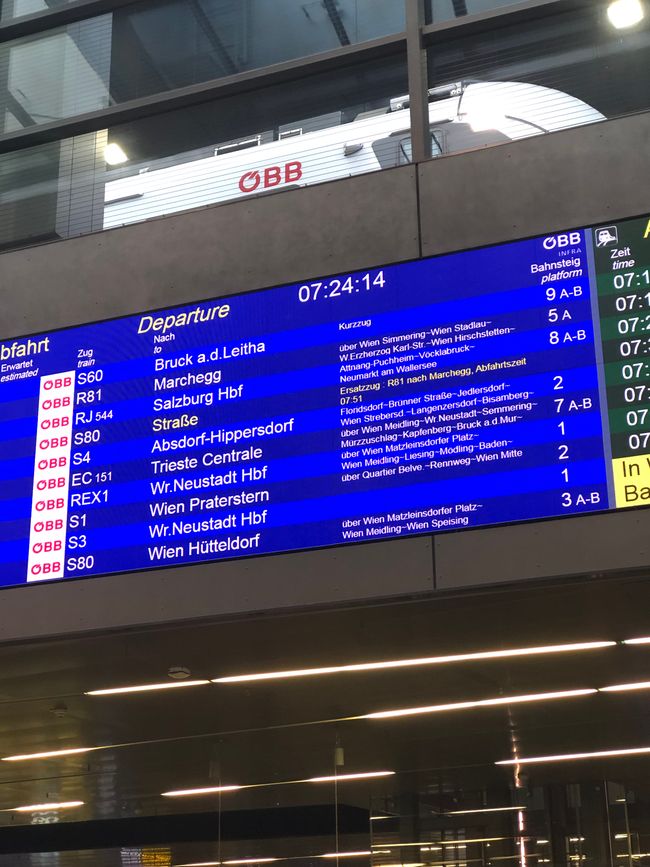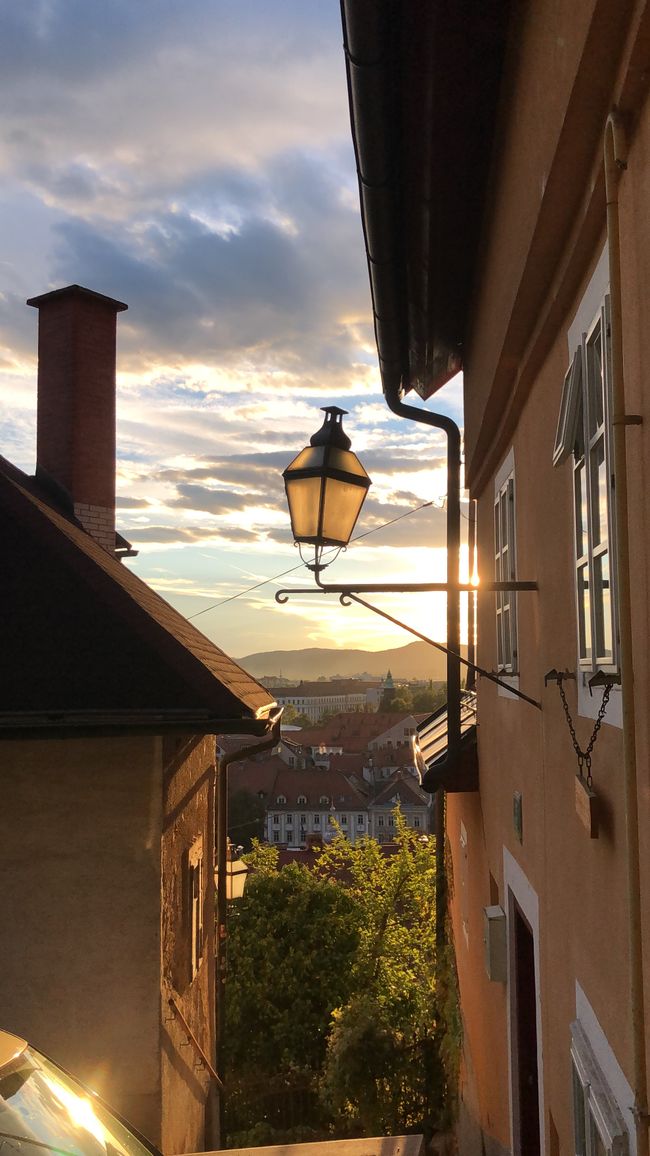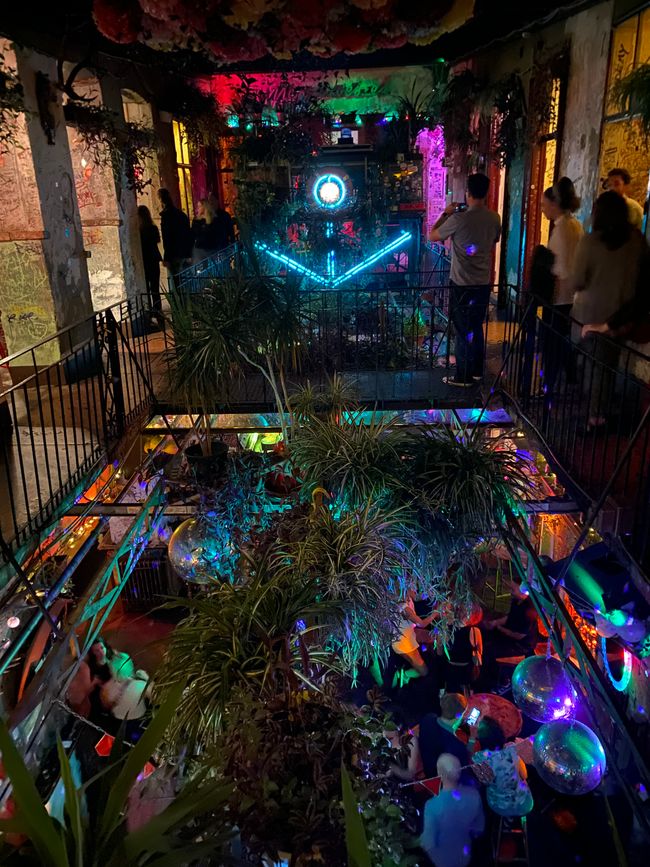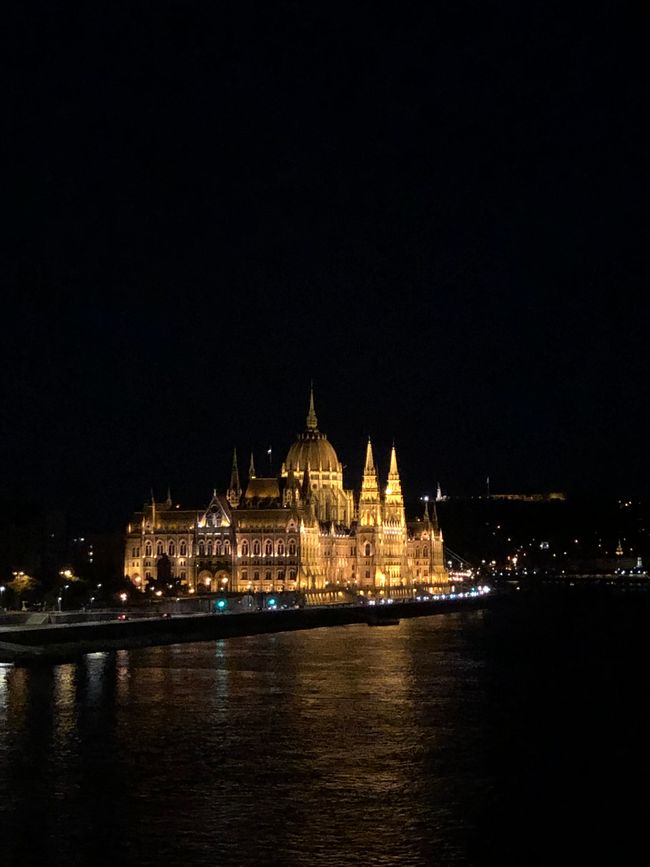10 tips for young Interrailers
Publicatu: 26.01.2023
Abbonate à Newsletter
My name is Jojo and I am 18 years old. Last year, I applied for a free Interrail ticket through the DiscoverEU program 2022/2023. It is an initiative of Erasmus +, where 18-year-old Europeans have the opportunity to win a travel pass twice a year. For one month, you can travel through the participating European countries by train and explore various landscapes and cities. I could hardly believe my luck when I actually won one of the almost 48,000 passes in Europe.
After some acquaintances asked me for my tips and suggestions at the start of the new application round, I would like to summarize them briefly here. These tips apply to Interrail travel in general, which also means if you bought the ticket online through the official Interrail website. Have fun!
1. Planning, planning, no idea...
Planning in advance is important. This doesn't mean you have to know your exact route, as flexibility is part of this type of travel. But it's always good to have some fixed points that you can navigate from. Whether it's a concert, festival, or a flight to another city. Also, take a look at what you want to do in each city, otherwise it can be overwhelming not to know where you're going.
2. Hostels:
As a young girl, despite all the concerns of my parents, I always stayed in shared rooms in hostels. And I was more than pleasantly surprised. The beds were always clean and there was plenty of space for my backpack. I cooked food at least once a day to save money. The hostel kitchens were mostly clean and functional. I met the coolest people in the hostels, with whom I often went out in the evenings. Also, don't forget a padlock for the lockers!
3. Length of stay at destinations:
I stayed at each destination/city for at least two nights. This way, I always had a full day and usually the day of arrival to explore the area. I don't recommend shorter stays because you don't want to just sit in trains from one city to another, but rather absorb the atmosphere of the cities. And that takes some time. Sometimes even more than two nights.
4. Backpack or suitcase?
I say: BACKPACK!!! The backpack is much more practical, especially because you often have to walk a long way to hostels or sprint to catch a connecting train. With a suitcase, you are severely limited in your flexibility. A backpack is also often easier to stow on the train than a bulky suitcase.
Tipp: Before the trip, consider a packing system for your backpack (e.g., using individual tote bags for t-shirts, underwear, etc.) to avoid chaos.
Another tip: If you have to get up early, pack your backpack the night before. This way, you won't disturb your roommates.
5. Seat reservations:
In countries like France, Italy, and Spain, I had to buy seat reservations. In these countries, a seat is already included in the regular ticket, which means that Interrailers have to purchase the reservation in addition. You can buy the reservations online through the DiscoverEU app or the Railplanner, but you have to pay a fee of around 2 euros. Alternatively, you can also get them through the websites of the individual train companies or at the ticket counter at the train station. I really recommend buying the reservations a few days earlier, as they can be sold out for some routes on the day of departure.
6. Making routes cost-effective:
In Eastern Europe, normal tickets are often more worthwhile than using Interrail. In that case, it is often cheaper to take the Flixbus to another city. The Interrail ticket is worth it on long and expensive routes. You can also consider budget airlines if the reservation prices are too high. Sometimes, the app doesn't show the fastest routes at border crossings. In that case, you can do your own research to find faster options from cities beyond the border.
7. Activities on site:
Castles, parks, and museums are almost always free for young people. My tip is to take the free walking tours that are available in almost every major city. You can find them on Google Maps. You sign up and go to the agreed meeting point, often a landmark in the city center. There, I met many solo travelers and made contacts. At the end, you pay as much as you want. For me, it was always around 5€.
8. Laundry:
If you're on the road for a month, you need to do your laundry in between. Every hostel I stayed in had a laundry service. The prices varied between countries and cities, but I always spent around 8-10€ for washing and drying. Just drop off the full plastic bag of dirty laundry at the reception.
I also had some travel laundry detergent with me, but it didn't work that well for me.
9. Fear of being alone:
As a solo traveler, you will often feel lonely. For me, that was the motivation to connect with other travelers. Don't be afraid, other solo travelers also experience this feeling of being alone. After a while, it won't require any effort anymore and it will be really fun to meet different people.
10. Budget:
I set a budget of 50€ per day (including accommodation). Cheaper destinations like Budapest and Trieste balanced out more expensive destinations like Barcelona and Milan in terms of price. Nevertheless, I often spent more on good food or drinks in bars.
Those were my 10 tips :)
Maybe I can help someone who stumbled upon this blog here. Don't be afraid to travel alone, it's really awesome. But don't forget: safety always comes first in everything. If a situation or person seems dangerous to you, it's better to keep your distance and return to the hostel. There are some experiences you really don't want to have.
Wishing you a nice day,
Jojo from Brandenburg
Abbonate à Newsletter
Rispondi
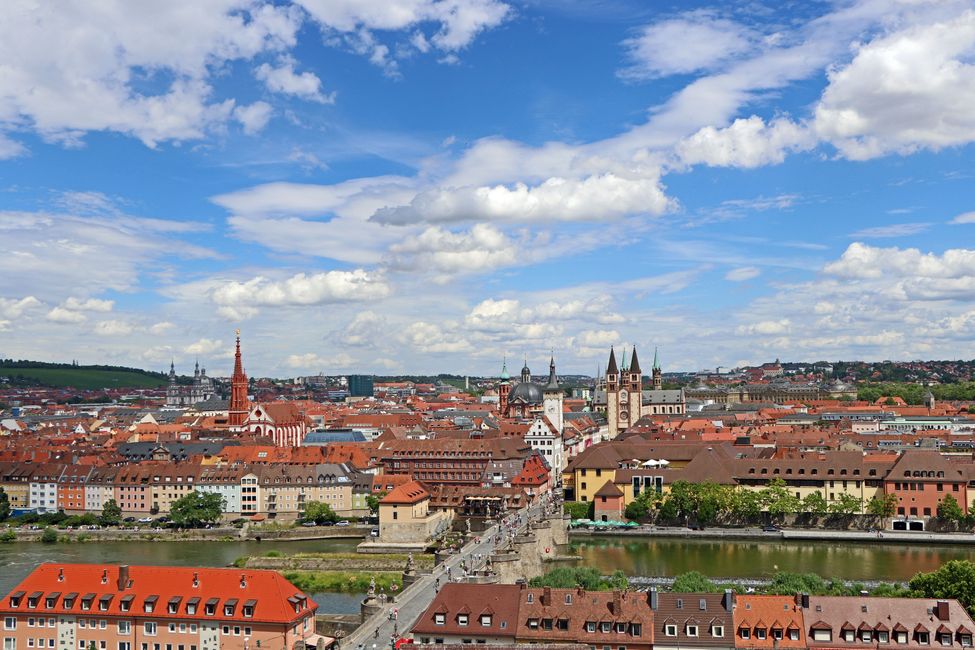
Rapporti di viaghju Alemagna

